The best cars for retirees in 2026
June 26, 2025 by David Motton

Are your working days behind you? Forget the gold watch – what you really deserve is a new car. Here’s our pick of the best cars for retirees.
There’s more to life than work, as you’re about to find out. If you’ve clocked out for the final time, there’s a lot to look forward to. A new car could be high on the list.
Should you be sensible, or should you indulge yourself? Is it time to downsize, and how do you make sure the car you choose now will still suit you after a few years?
In this guide, we’ve cherry-picked the 10 best cars for retirees, plus tips for anyone who wants to enjoy driving once their working days are over.
The 10 best cars for retirees
1. Lexus LBX
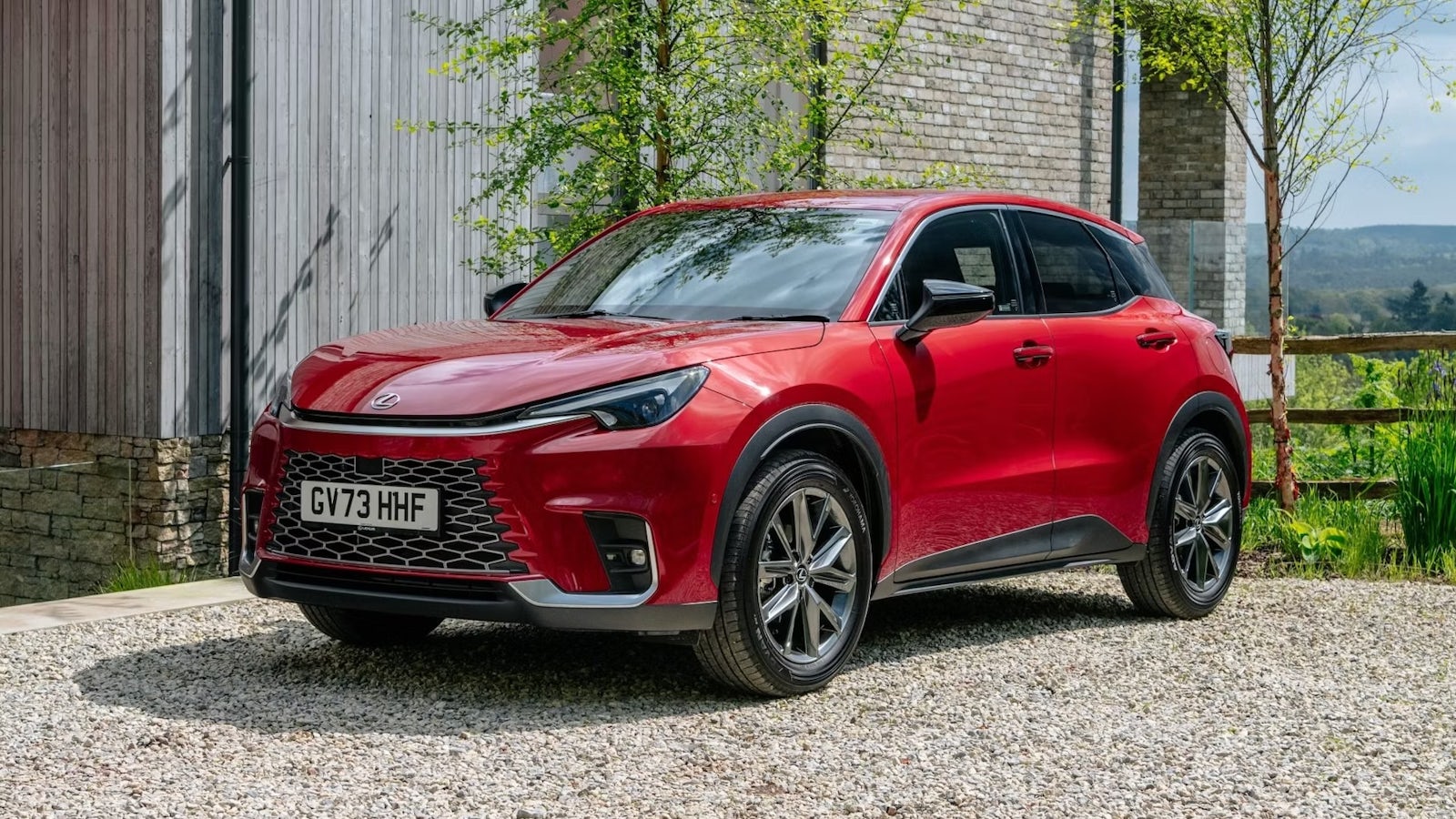
The Lexus LBX is close to the ideal retirement car. Finish work at 66 and the LBX will still be under warranty when you’re in your mid-70s, thanks to cover that extends for up to 10 years if the car is serviced at a main dealer. What’s more, it’s easy to drive and super-efficient, with all the luxury you’ve always promised yourself.
2. Dacia Duster
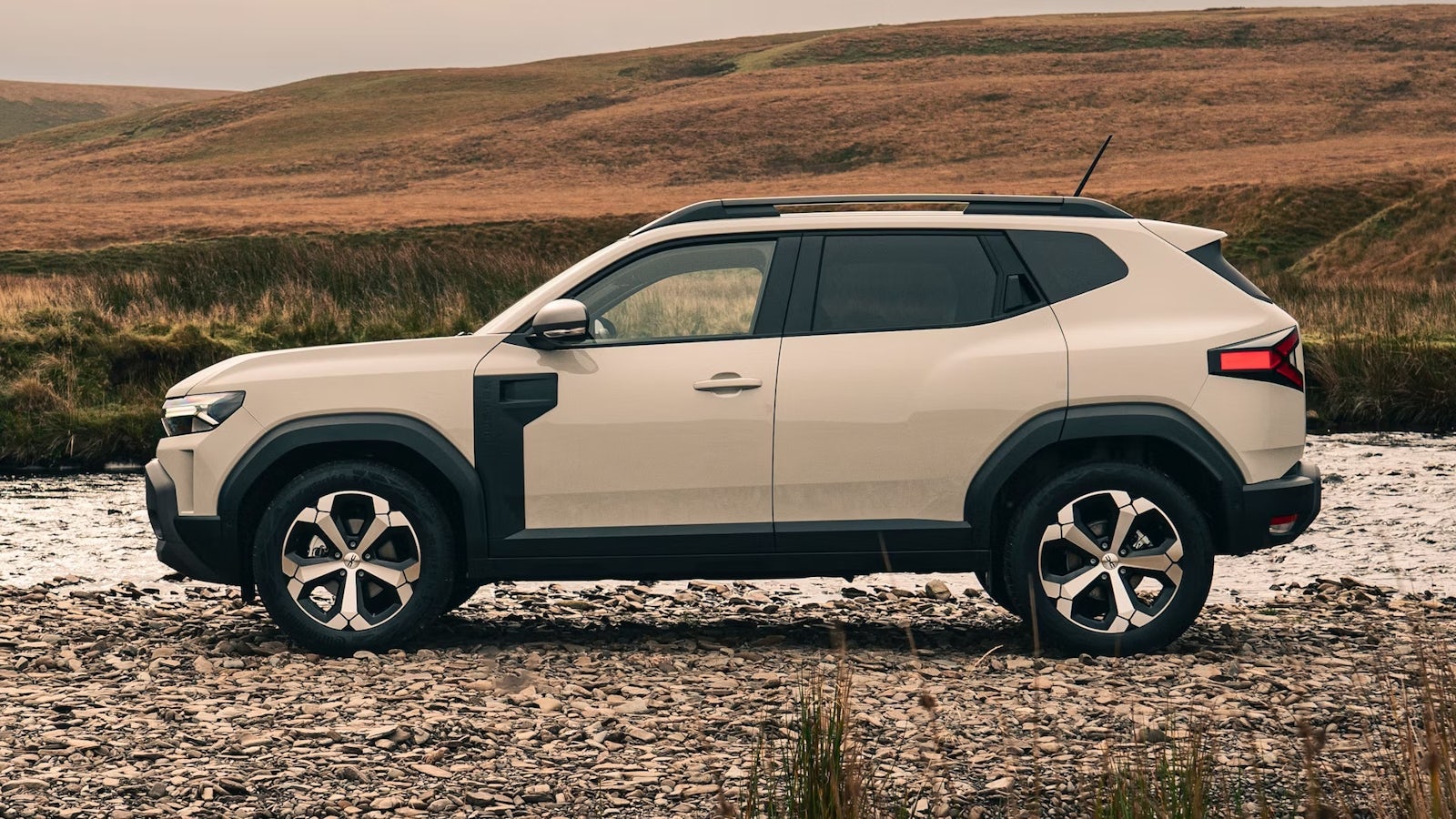
Planning some post-work adventures? The Duster is just the ticket. This small SUV looks ready for anything – in fact, the Dacia is ready for anything if you choose a 4×4 model. It’s also brilliant value and easy to drive. The Dacia is easy to get in and out of, so your ageing bones need not hold back your adventurous spirit.
3. Mercedes CLE Cabriolet
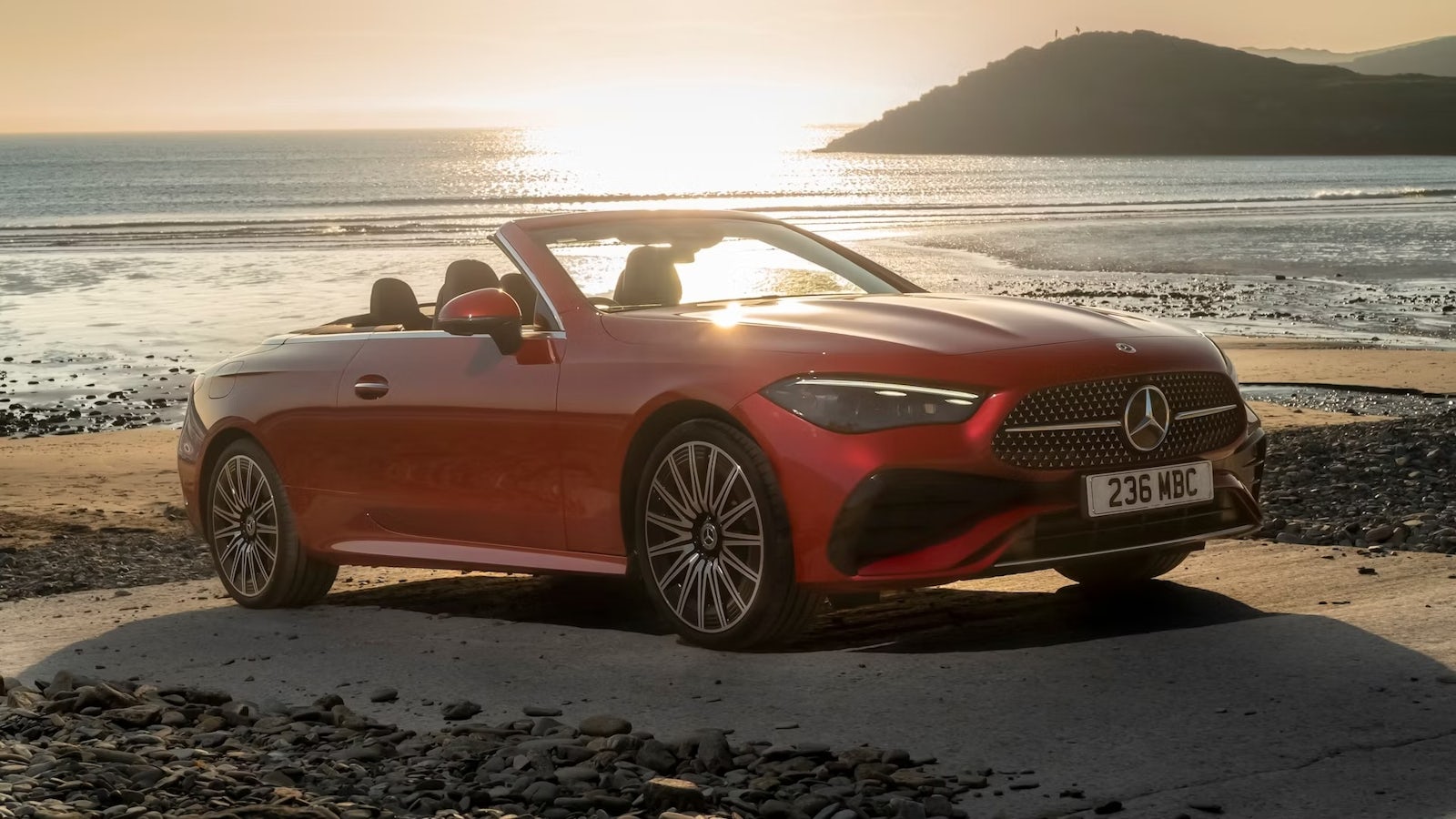
You’ve worked hard all your life, right? So why not treat yourself when you retire? You’ll be living the dream in a Mercedes CLE Cabriolet, especially with the roof down. It’s not completely self-indulgent, though – as convertibles go it’s reasonably practical. There are four seats and a decent boot of up to 385 litres. Strong resale values make the CLE a good long-term bet, too.
4. Honda Jazz
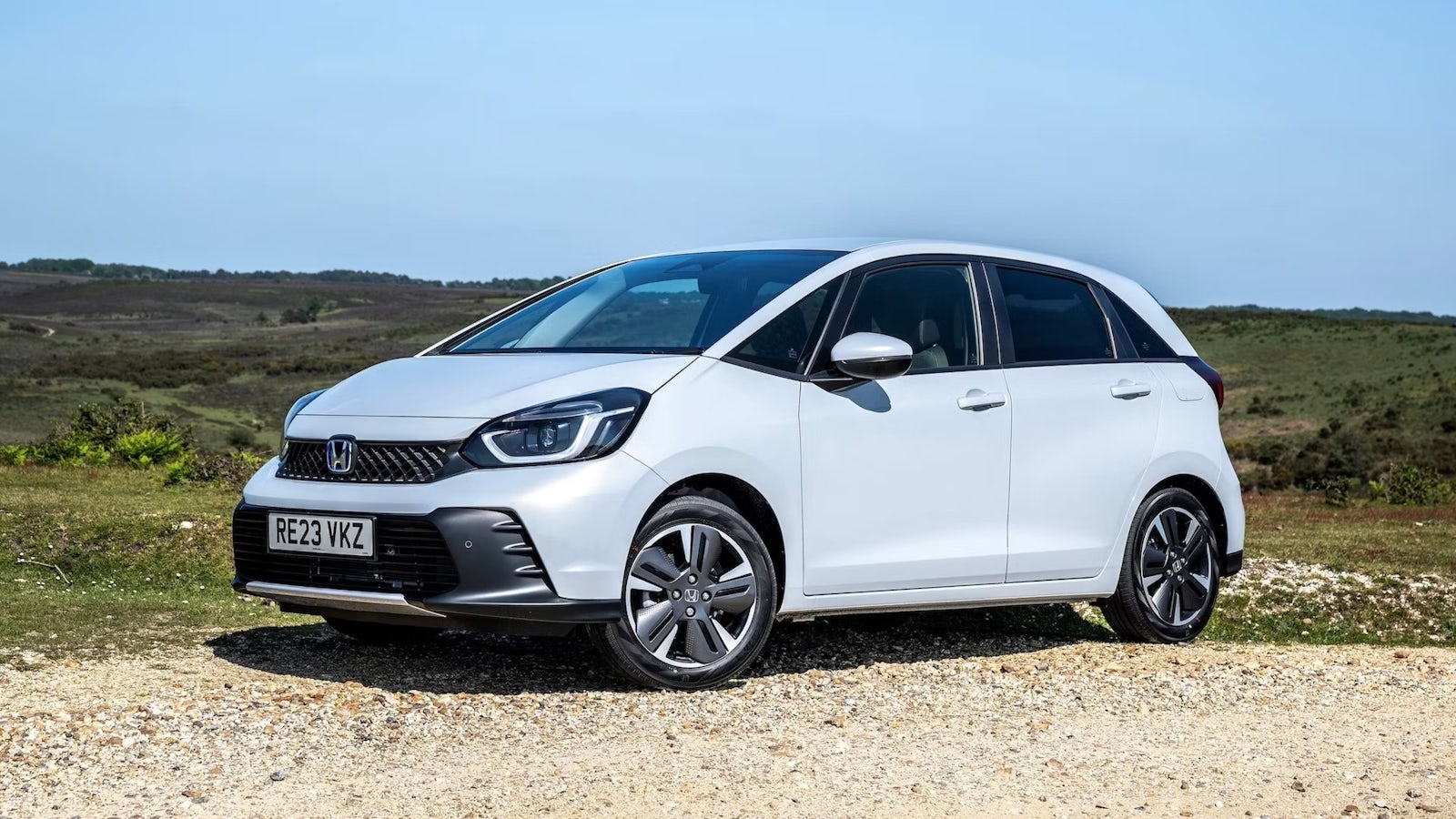
You just knew the Jazz was going to be on this list, didn’t you? But it’s here on merit, not as a cliché. The Honda is easy to drive, roomy for its size, and fuel efficient. It’s super-reliable, too. You could treat yourself to something more exciting, but we doubt you would ever regret buying a Honda Jazz.
5. Toyota GR Yaris
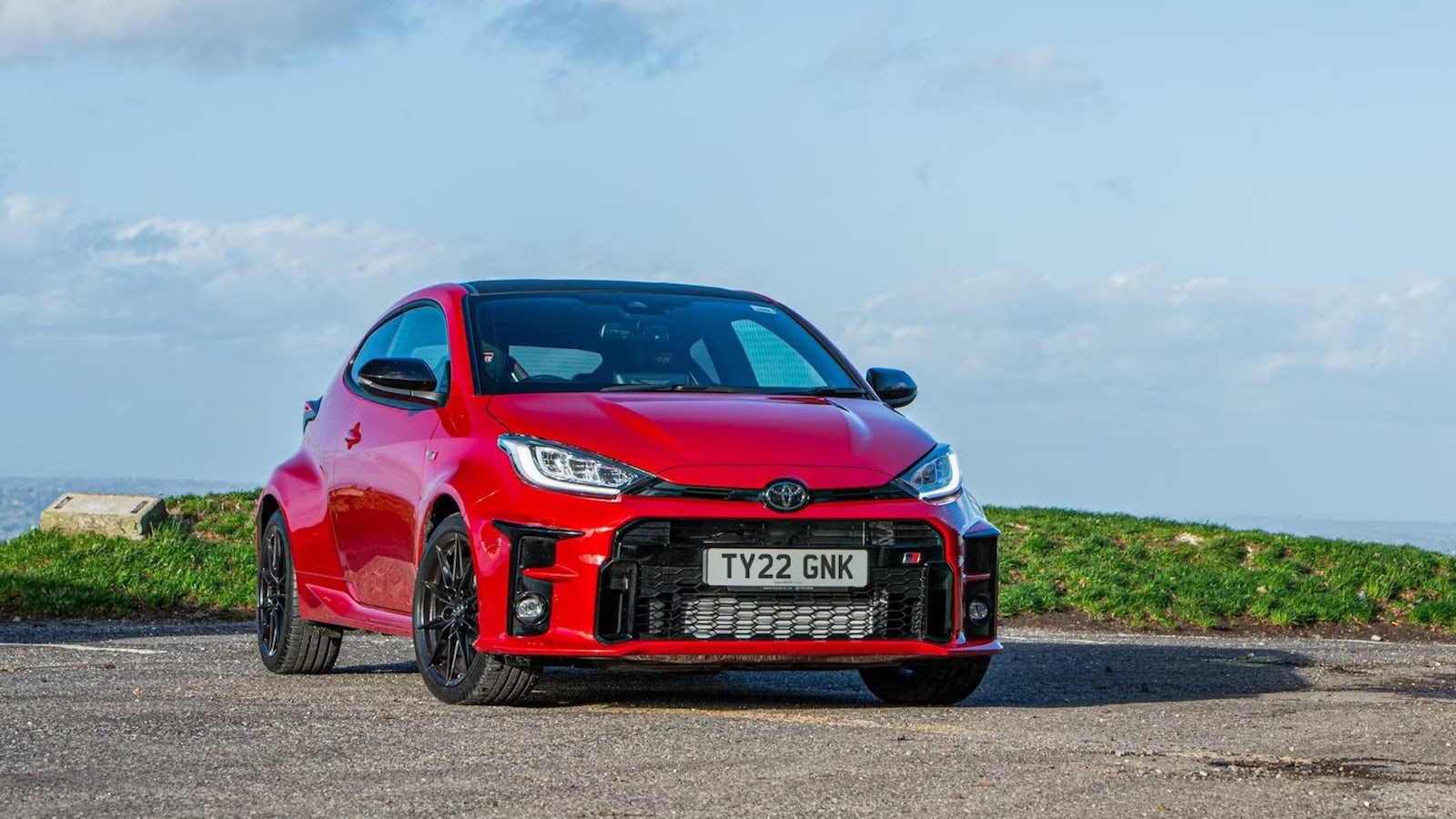
Once the daily grind of commuting is done for good, why not have a bit of fun? The Yaris GR hot hatch is available as an automatic to make it easier to drive, and since it’s a Yaris, you’ll blend in down the bowls club. Perfect for the boy or girl racer who has no intention of growing old gracefully.
6. BMW Z4
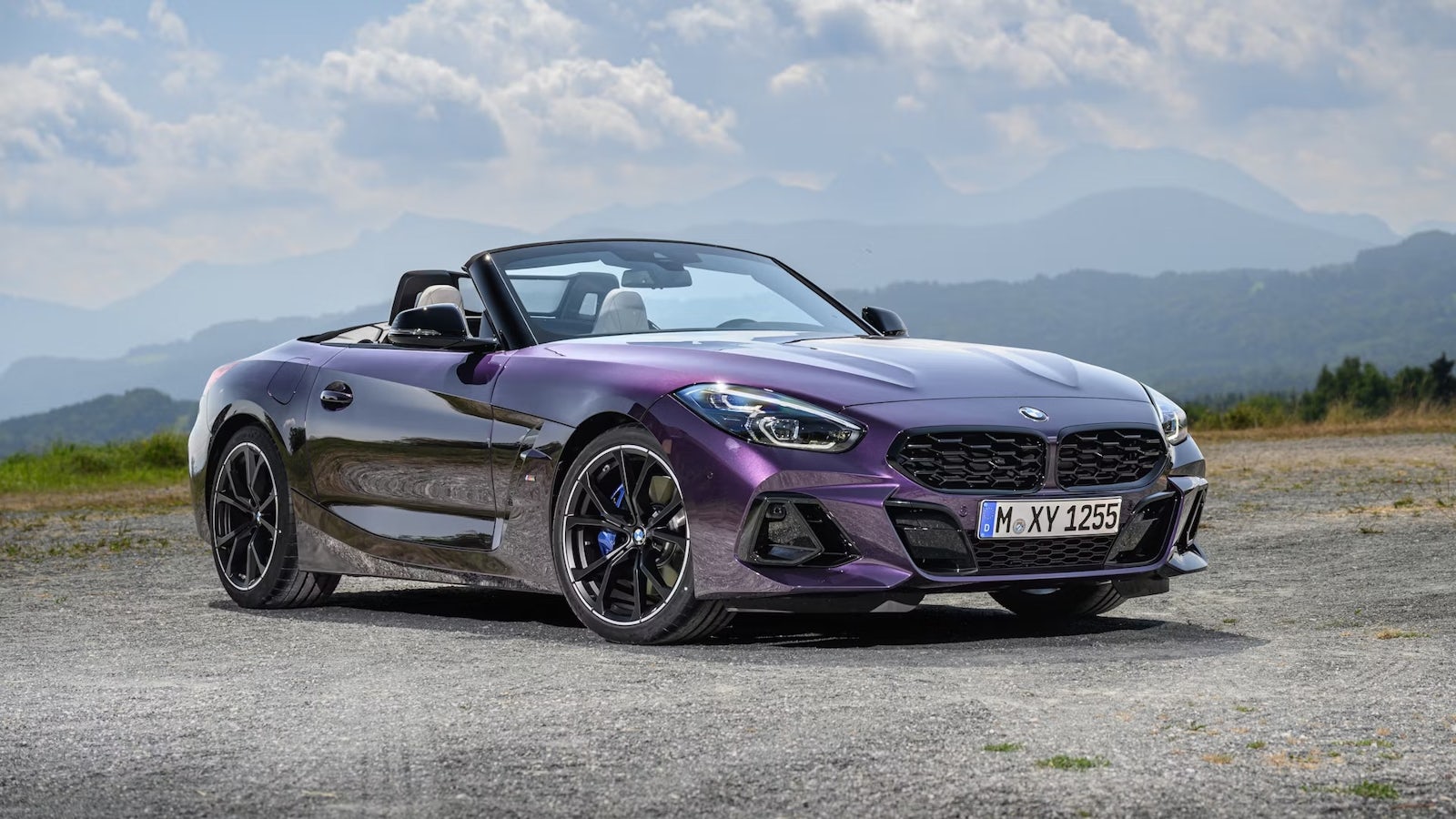
With a BMW Z4, your youth will seem like yesterday, not yesteryear. Like any convertible, the Z4 is at its best with the roof down under blue skies. But it’s not so focused on being sporty that it can’t be enjoyed whatever the weather, all-year round. What about the grandkids, you say? Let them catch the bus.
7. Peugeot 5008

Retiring and down-sizing don’t have to go together. If you want room for your grown-up kids and their children too, take a look at the Peugeot 5008. With sharp styling and seven seats, space and practicality have never looked so good. There are hybrid and fully electric versions if you want to make the switch.
8. Volvo XC40/EX40
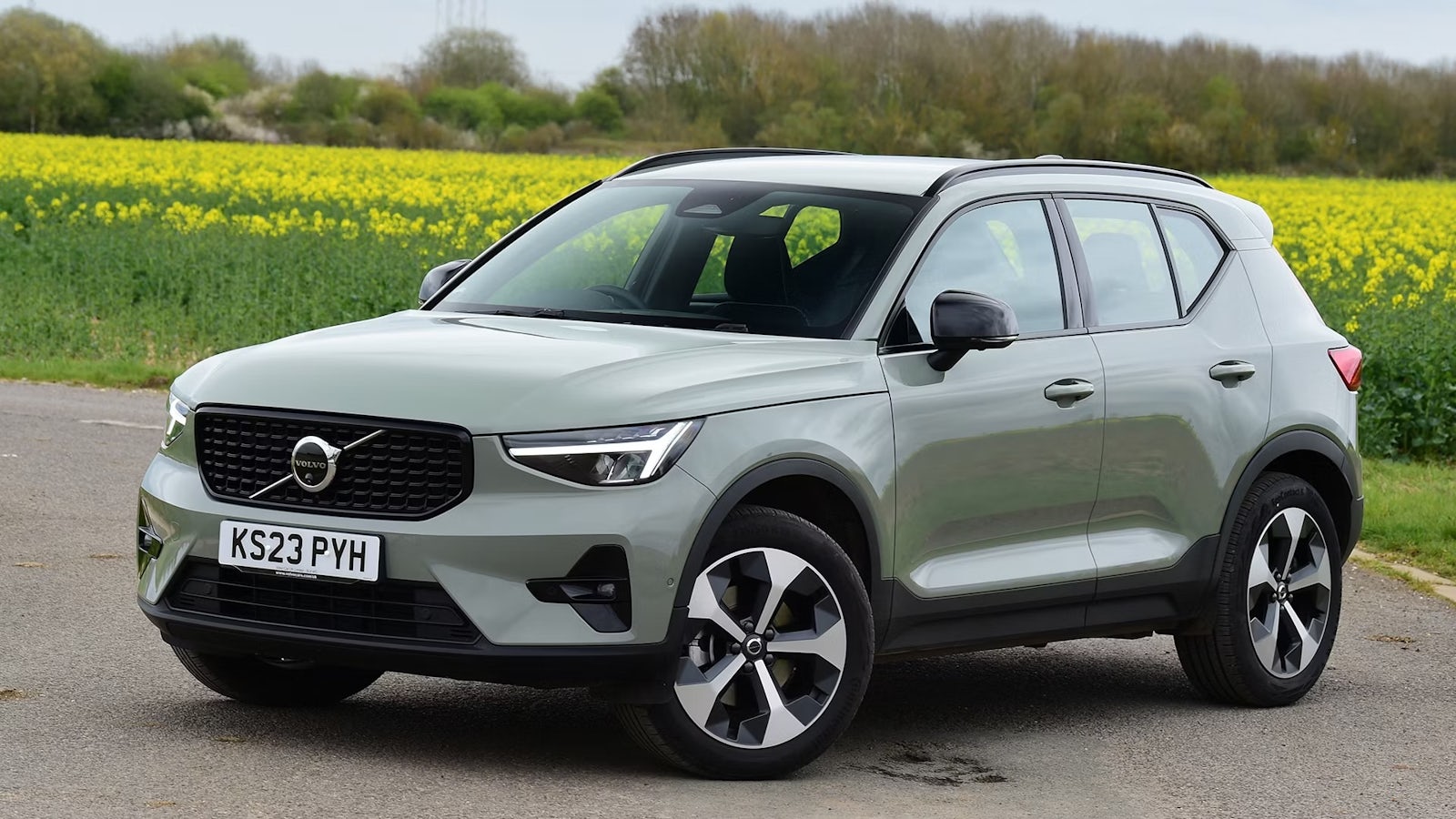
Now you’ve retired, you’ll have time to binge-watch all those Scandinavian dramas everyone raves about. You could have the car to match with the Volvo XC40 or the electric EX40. Either way, you sit up high with a driving position that’s kind to ageing backs. There’s space inside for occasional grandparent duties in a car that’s compact enough for easy parking and which has low running costs.
9. Kia EV3
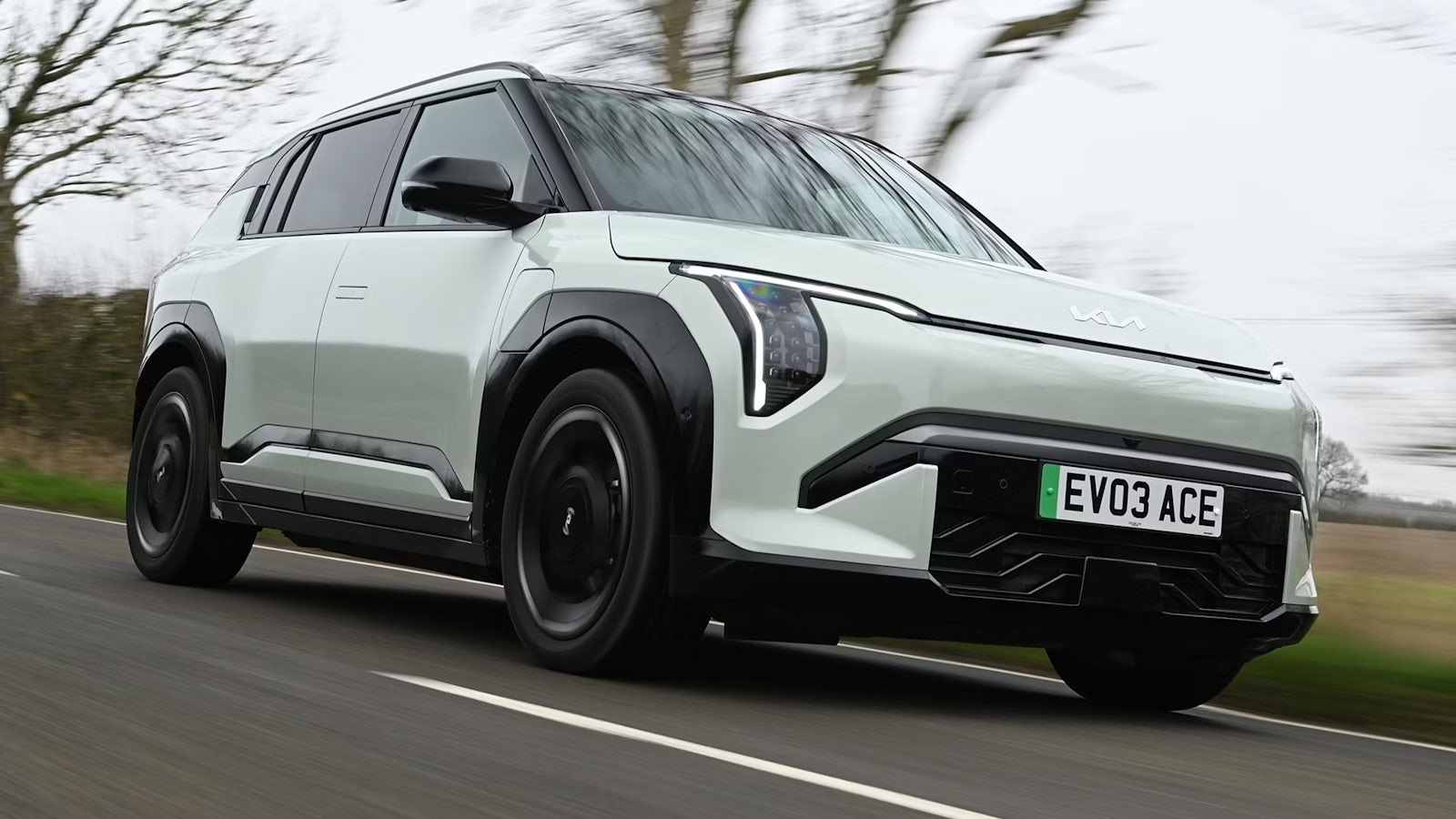
Retiring doesn’t mean you’re set in your ways. Embrace change by going electric – there are few better cars for the job than the Kia EV3. Small but roomy, the EV3 will go up to 375 miles between charges so you can kick range anxiety to the kerb. The Kia has a five-star Euro NCAP safety rating and it’s keenly priced for an EV.
10. Citroen C3/e-C3
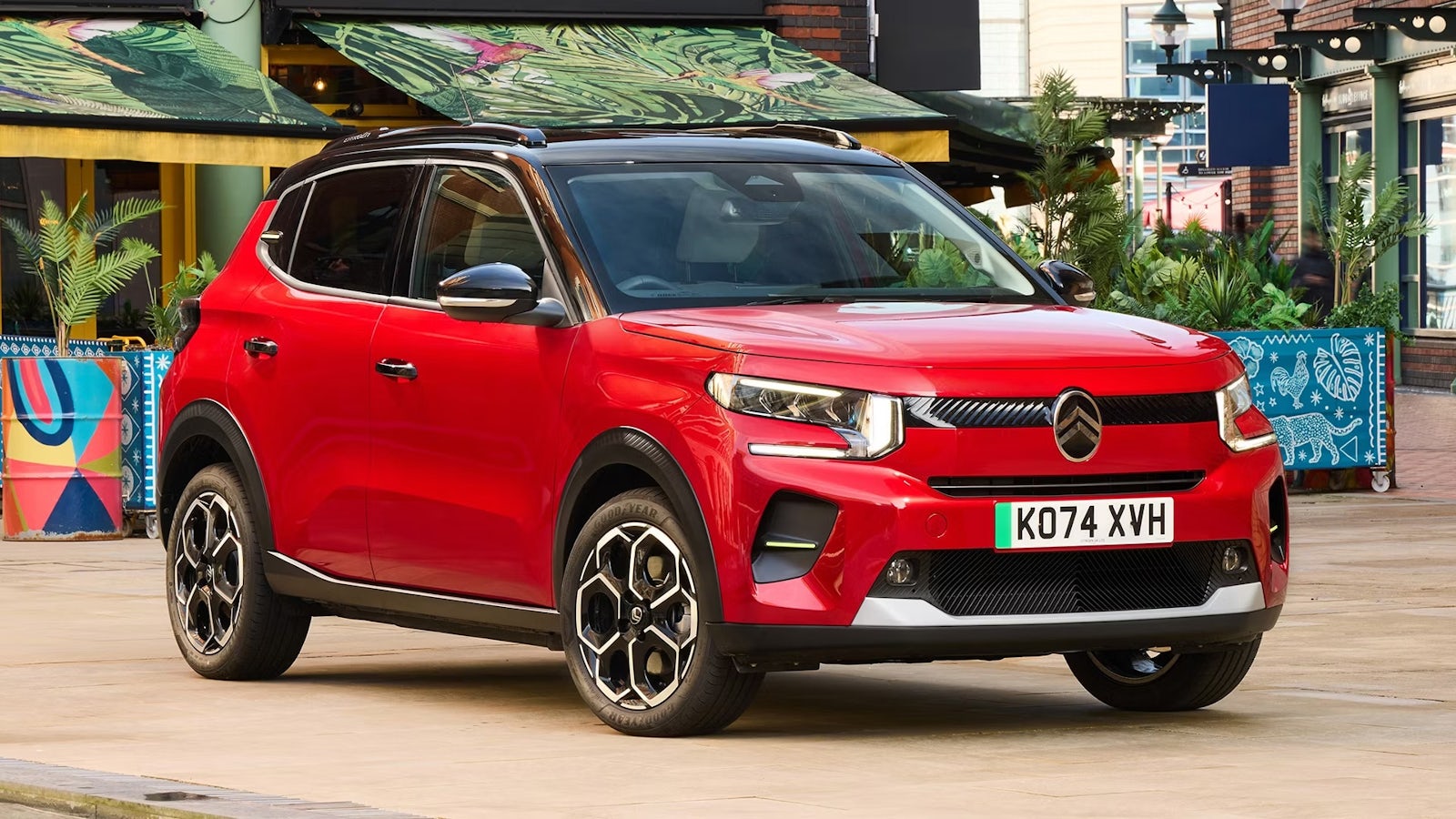
Few new cars will put a smaller dent in your pension than the Citroen C3. Almost cheaper than a mid-week meal deal, the C3 could be all the car you really need. It costs little to run as well as to buy, and there’s an electric version if you fancy giving this new-fangled EV-thing a try.
Choosing a car for your retirement
You’ve worked hard for the best part of 50 years – so you’ve earned your retirement. To make the most of all that leisure time, you’ll want the right car. Carwow’s 10 favourite models above are a good place to start.
But how do you choose the right one for you? Picking the right car for your retirement is about balancing wants and needs. You need to be realistic about what’s important to you, but there’s no harm in having some fun. If you’re not going to indulge yourself now, then when?
Follow these tips to find a car you can enjoy for years to come:
Assess your needs
Think about the boring things first. What do you need from a car? Ask yourself these questions…
- How many seats? Will you be taking grandchildren on days out or could you manage with a fun two-seater?
- What about luggage? If you’re planning an active retirement, you’ll need boot space for any kit relating to your favourite sport or pastime.
- How’s your health? If you’re not as mobile as you used to be then you’ll need a car that’s easy to get in and out of. A crossover or SUV with a high driving position will be more comfortable than a low-slung sports car.
- Manual or auto? Even if you have driven a manual until now, is it time to give your left leg a rest?
- Time to go electric? You’ll pay more upfront but save on running costs, so long as you can install a charger at home.
- Short hops or longer trips? Will your car be used for local errands, or does it need to be well-suited to long drives as well?
Plan your budget
The start of your retirement will be a process of adjustment. It’s not just that you’ll have more time on your hands, you’ll also need to adapt to living off your pension.
Depending on your circumstances, that could mean you have the means to treat yourself, especially if you take a lump-sum from your pension pot. Alternatively, you may need to keep a closer eye on your spending than before.
Be realistic about your future income and outgoings and set a realistic budget for your car. Even if you have the means to buy outright, a finance or leasing agreement with regular monthly outgoings may suit you better if it leaves more money in the kitty for other things.
A used car rather than a new one will either save money or allow a given budget to go further. On the other hand a new car will come with a longer warranty than a used model, as well as all the latest safety and convenience features.
Fuel for thought
There has never been more choice in terms of how your next car will be powered.
If you’re handing back the keys to a company car, there’s a good chance it will be electric or hybrid. So, you may already be used to charging a car. If you’ve enjoyed running an EV, you could buy another to replace your company wheels.
Just keep in mind that while going electric is a no-brainer for many company car drivers due to tax incentives, an electric car is a more expensive choice for a private buyer. The upfront cost is relatively high, although running costs will be low so long as you recharge at home.
If you plan to keep your car for many years, going electric now will future proof your driving against any future restrictions on petrols and diesels.
Provided future governments stick with the current plans, some hybrids will be sold for another five years after new petrols and diesels are no longer sold. Hybrids can be a sensible middle-ground if you are not yet ready to go fully electric.
Of course, there are many different types of hybrids. The plug-in kind is typically the most expensive, but with the ability to make most local journeys without burning any fuel. A full hybrid (sometimes called a ‘self-charging’ hybrid) won’t go so far on electricity, but will be cheaper to buy and you won’t need to plug it in. Mild hybrids have gentle electrical assistance to take the strain from the engine, improving economy and reducing emissions.
Diesel is much less popular than it was, but still makes sense if you cover a lot of miles or you want to tow a caravan or trailer. Petrol tends to be the cheapest option, although an unassisted petrol engine won’t match the economy of a hybrid.
Make sure you are sitting comfortably
By the time we reach our 60s and 70s, most of us are living with a few aches and niggles. That makes it doubly important that any car is comfortable.
Make sure that you can get in and out of the cabin easily, and that the driver’s seat isn’t too low. High door sills that you might not have noticed 20 years ago could catch your feet now.
Take a thorough test drive to make sure you can find a sound and supportive driving position. Sitting in the showroom is no substitute for time on the road.
Look for features that will make the car comfy on a long drive, such as adjustable lumbar support. Heated seats and a heated steering wheel are nice to have, whatever your age, but can be especially appealing if you feel the cold more than you used to.
Modern tech such as lane-keeping aids and adaptive cruise control can make driving more relaxing, but make sure any high-tech features are user-friendly. For example, have a good play with the infotainment system before you buy.
If you’re likely to take grandchildren for days out, be sure that the rear doors open wide enough to leave plenty of space for fitting and removing bulky child seats.
Think about long-term reliability
Retirement should be a time to relax and have fun, not to ferry an unreliable car back and forth to the dealer for repairs.
So, look for a reliable machine. The findings of owner satisfaction surveys, such as the Driver Power study, are a good place to start.
Warranty cover is also important, especially if you plan to hang on to the car for many years. The industry standard is three years, but many brands offer lengthier cover. Hyundai’s new car warranty lasts for five years, Kia’s for seven. Toyotas come with a cover that extends to 10 years so long as the car is always serviced by a franchised Toyota dealer.
If the car you want comes with a relatively short warranty, check the cost of extending it for greater peace of mind.
Plan for the future
It pays to think ahead, especially if you want your car to last for many years. A high driving position may not be important now, but will future you be grateful of a bit more comfort?
Adaptive cruise control (which adjusts the car’s speed to hold a safe distance from the car in front) could make long journeys less of a strain a few years down the road. Likewise, you might not need parking assistance features now but will you be glad of them in five years? Will a clutch pedal be a strain in stop-start traffic after a few more trips around the sun?
Go beyond the sticker price
If you’ve been driving for 50 years, you’ll know there’s a lot more to the cost of driving than the list price of the car you buy.
Make the most of every penny by looking at long-term costs such as fuel, car tax, routine servicing and maintenance. Resale values also play a big part in the whole-life cost of a particular make and model. Consider all these costs before you buy your retirement car.
Enjoy the company car experience as a private buyer
If you’ve spent your career driving company cars, then you are used to having someone else worry about boring stuff like resale values.
The closest you can get to the life of a business driver as a private punter is a personal lease. You never own the car, so you never have the hassle of selling it on. You make regular monthly payments, which can include the cost of maintenance if you want one predictable cost. It’s a painless way to run a car in retirement.
Car change? Carwow!
Looking for a new set of wheels? With Carwow you can sell your car quickly and for a fair price – as well as find great offers on your next one. Whether you’re looking to buy a car brand new, are after something used or you want to explore car leasing options, Carwow is your one stop shop for new car deals.
Click here to follow us on WhatsApp, where you can keep up-to-date with all the latest news, reviews, advice guides and videos.















